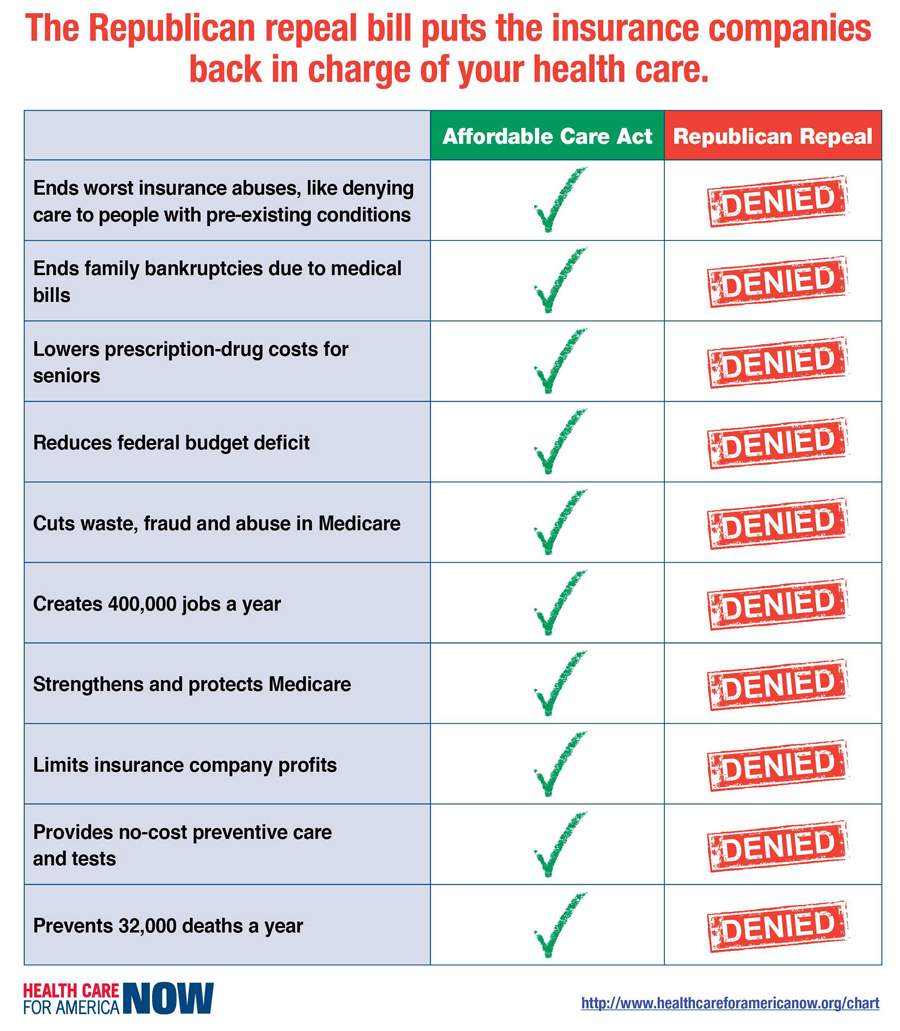During the health care debate in 2009 and 2010, a serious issue emerged -- the number of pages in congressional bills. I'm not kidding. The Republicans wanted short bills, and the health care reform bill was way, way too long (proving that it did too much and would end civilization as we know it). There was outrage across the country. Angry opponents of reform went to congressional town hall meetings brandishing huge stacks of paper. Then Minority Leader Boehner, foreshadowing his leadership priorities today, used a nationally televised address to condemn the length of the health care bill three times in as many minutes.
The extremists went wild. Rumors swept across the land. Some Tea Party types claimed the bill was 10,000 pages. Slate called the explosive stack-of-paper obsession "peculiar." Ultimately, the New York Times set the record straight: "In the original version," the Times said, "H.R. 3590 as passed by the Senate on Dec. 24, 2009, ran to some 2,400 pages, although with a very large font, triple spacing and huge left and right margins." The newspaper went on to explain that, "With normal margins the document probably would shrink to about 500 pages or so." Which meant the bill was not really that long when compared to other major bills, such as the financial reform law and past budget deals.
In the November mid-term elections, the Republicans ran on a platform of change, and change is what we got. Not only will the House Republicans vote to repeal the new health care law this week, they're going to do so with a bill that's only two pages long.
This is a triumph of conciseness, a 247-word beacon of brevity. The low word-count works especially well for the GOP, given the party's unfinished "repeal and replace" campaign pledge. The Republicans addressed repeal, but they haven't quite gotten to the "replace" part. That, we're told, is a work in progress, and the question is being referred to various House committees to kick around for months.
In Sunday's Washington Post, reporter Amy Goldstein noted that the Republican repeal vote is "the prelude to a two-pronged strategy that is likely to last throughout the year, or longer." Great. Just what we need -- another interminable debate on health care when the Republicans ought to be focusing on bipartisan solutions to create jobs. Rep. Fred Upton (R-Mich.), the new House Energy and Commerce Committee chairman, said it "may take time" for the GOP to develop a health care plan. Upton, who has been in Congress since 1987, has had only 24 years to come up with some health care ideas of his own. Instead, he hired Julie Goon, the former top lobbyist for the health insurance industry's biggest trade group, as his special adviser.
I'm not sure what the Republican "replace" plan is (or how many pages it will be), but I know their two-page repeal bill is a bad deal for America's families, seniors and small businesses.
The Republican repeal bill will take away dozens of benefits and important consumer protections that are making a real difference in peoples' lives right now. When the Republicans vote for repeal, they'll be taking away people's newly won freedom from fear of insurers denying their care, dropping them when their sick and imposing double-digit premium hikes with impunity. They'll be booting young adults off their parents' health plans. They'll be telling seniors they have to pay back the $250 donut hole checks they received to help buy prescription medications and give up their new 50% discount on brand-name drugs. The Republican repeal plan will force nearly 900,000 American families a year into bankruptcy because of huge medical bills. And it will take job-creating tax credits away from small businesses.
Speaker John Boehner and the Republicans don't want the public to know the truth about the Affordable Care Act and what their repeal plan will take away from America's consumers. And you can bet the debate about repeal will be filled with misleading information from Boehner and the new Republican majority. To help folks see beyond the rhetoric, Health Care for America Now made a chart that tells the truth. You can read and download a printable, high-resolution version with citations here and below.
